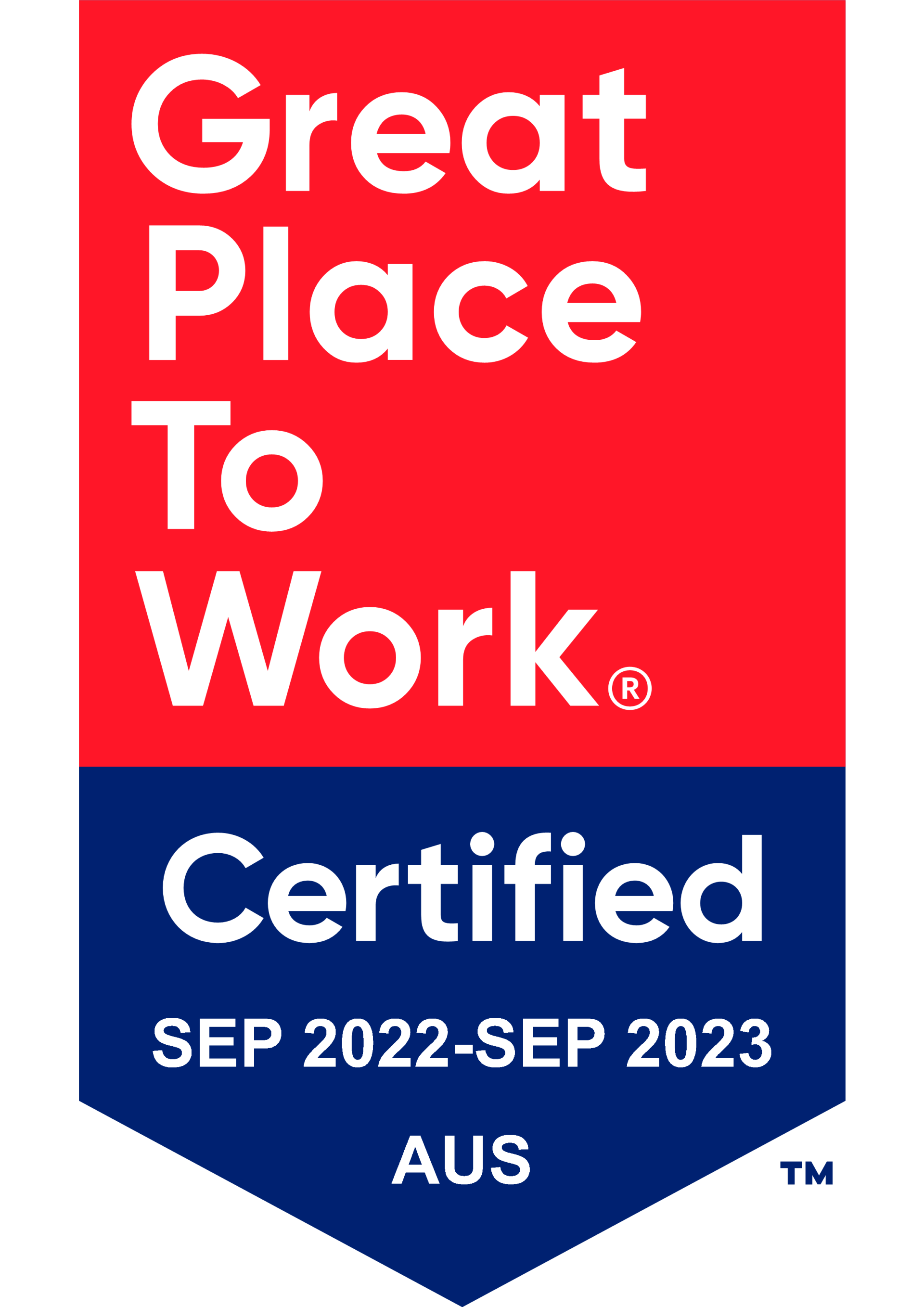Contact Us
Popular Articles.

Can you believe 2024 is almost over? As we get ready to say goodbye to the year, let’s look back at some of the key talent trends that shaped the market in 2024 and are set to continue their influence into 2025. Spoiler alert: It’s all about speed, upskilling, and an experience that puts candidates first.

This week saw a significant change Australian workplace rights with new legislation that empowers employees to set boundaries, ensuring that work does not intrude into their personal time outside of official working hours. It demonstrates the increasing importance of maintaining a healthy work-life balance, and the introduction of the "right to disconnect" is a significant step in this direction. The change has benefits for Employees & Employers and we dive into them below: Combating Constant Availability: The legislation addresses the growing issue of employees feeling pressured to be constantly available, a problem worsened by remote work and the prevalence of digital communication tools. Protecting Personal Time: Workers can now fully disengage from work-related communications during their non-working hours, except in cases of emergency or pre-agreed necessity. Fostering better culture: By encouraging employees to disconnect, companies can foster a more motivated, productive workforce, as employees return to work refreshed and focused. Promoting Mental Health: This shift towards prioritising mental health and well-being in the workplace may lead to a healthier, more sustainable work culture. What are some tips for employers with this change? Encourage Clear Boundaries: Support your employees in setting and respecting boundaries between work and personal time to help maintain their work-life balance. Avoid After-Hours Communication : Minimise sending work-related emails or messages outside of official working hours unless it's an emergency or has been pre-agreed upon. Promote a Healthy Work Culture: Foster an environment where disconnecting after work is the norm, helping to reduce stress and prevent burnout among your team. Lead by Example: As a leader, demonstrate the importance of the right to disconnect by respecting your own boundaries and not engaging in work communications after hours. Provide Flexibility: Offer flexible working arrangements that allow employees to manage their time effectively while still meeting their professional responsibilities. Whilst it will take a while to adjust the changes, together Employees & Employers can work together on balancing work and personal time.













